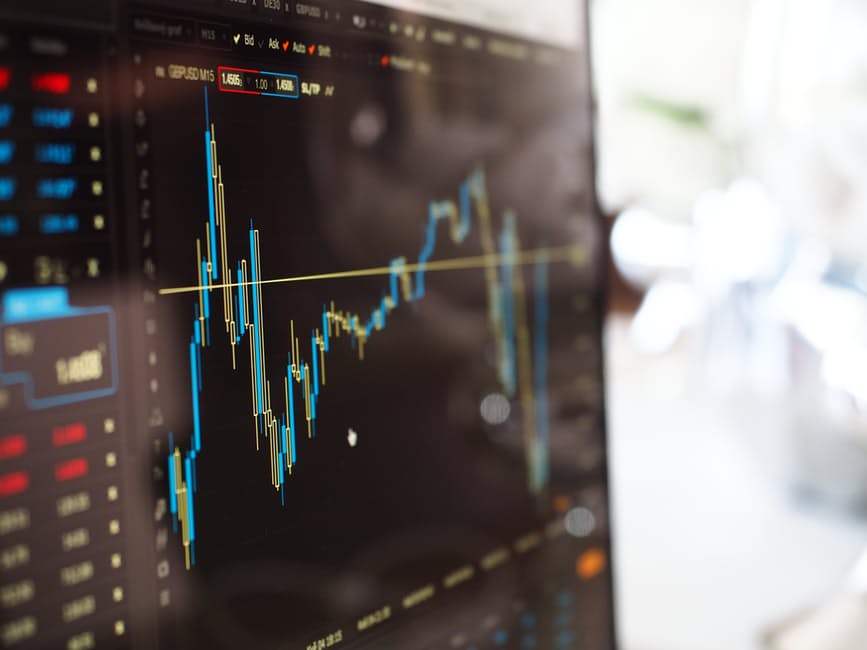Business
The Importance of Data in Corporate Social Responsibility Policy
The availability of big data, to businesses in the habit of collecting it, reflects both a huge challenge and a huge opportunity when it comes to corporate social responsibility policy. The challenge comes from consolidation and the tools and systems to access and interpret sustainability data from across the business effectively and accurately. The opportunity this presents range from automated reporting to practical and strategic insights into how the business is operating.
In this article, I want to explore why data so vital to corporate social responsibility (CSR) and how it can be harnessed effectively.
What is CSR?
Businesses are coming under increasing pressure from global and EU legislation to demonstrate their commitment to sustainability. Whilst compliance may be the initial driver however, it should be made clear that there are a host of other commercial and PR benefits too.
Let’s backtrack a little bit and look at what CSR is all about. As I’ve discussed before, there are four pillars of corporate sustainability policy:
- Compliance, which deals with the requirements put on the business by government and industry regulators
- Driving efficiency, which leads to more efficient processes, cutting waste and managing the supply chain more effectively
- Innovation, which means using data from across the organisation to drive change
- Brand storytelling, which is about turning the numbers into a sustainability narrative that can boost brand image in the eyes of customers and stakeholders.
These pillars have been adapted over time and they represent the ability of a business to bring sustainability to bear on all aspects of its operation.
Data Topology
The data required to feed into CSR policy is going to come from all parts of the business. It may not have originally been collected with sustainability in mind, but it is useful for CSR. At the start of any sustainability initiative, therefore, it’s necessary to carry out a data audit across the organisation. This is often referred to in the industry as data topology.
Departments can sometimes be quite protective of their information, so a commitment is needed at management level to make data available. It’s also important to understand where the data is coming from and how it ties in to data from other parts of the organisation.
Data Quality
Having located where the data is held, it’s also vital to ensure that it’s accurate and up to date. Making sure that it’s accurate means putting in place verification processes that ensure it meets your requirements and putting a process in place to ensure it gets reviewed and signed off. Remember that the data may have been gathered for other purposes, so you need to ensure its suitability for CSR.
The data also needs to be delivered in a timely manner. Normal quarterly or annual reporting timescales may not be adequate for the demands of CSR. Ideally, the data needs to feed into your centralised data management system as soon as it becomes available.
Managing information
Of course, information for its own sake has little or no value. You need to be able to analyse it and be able to draw meaningful conclusions. This can be complex and involve huge datasets from across the organisation, so spreadsheets will quickly become cumbersome and an inappropriate option, and so specialist sustainability management software is required to do the job.
Companies often opt for a sustainability management package to bring all of their data together and make it accessible. This allows for reporting aimed specifically at sustainability, including the use of dashboards, to give management a straightforward overview of the data and to highlight key performance indicators.
There are many different packages on the market, so it pays to take time to find the one that best suits the needs of your business, as you’re likely to be using it for many years. This means bringing together stakeholders from different parts of the business, including production departments and the IT team, to produce a proper business case. CSR packages are often modular, so you can select the components you need now, whilst having the flexibility to expand your capabilities later.
Sustainability is something that modern businesses can’t afford to ignore. Choosing the right CSR software gives you the opportunity to put sustainability at the heart of your business model, driving commercial success and putting out a positive socially responsible brand image.
About the Author: Nicola Ainger is Project Manager at Bristol based global sustainability, EHS and risk data consultancy, SustainIt. She is an expert on implementing data driven systems and strategies to drive cultural change and engagement throughout the corporate world. SustainIt also provide a free and independent sustainability software comparison service called GoMarketWise. You can connect with Nicola or Sustain It on Twitter, LinkedIn or Facebook.












